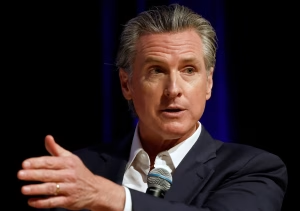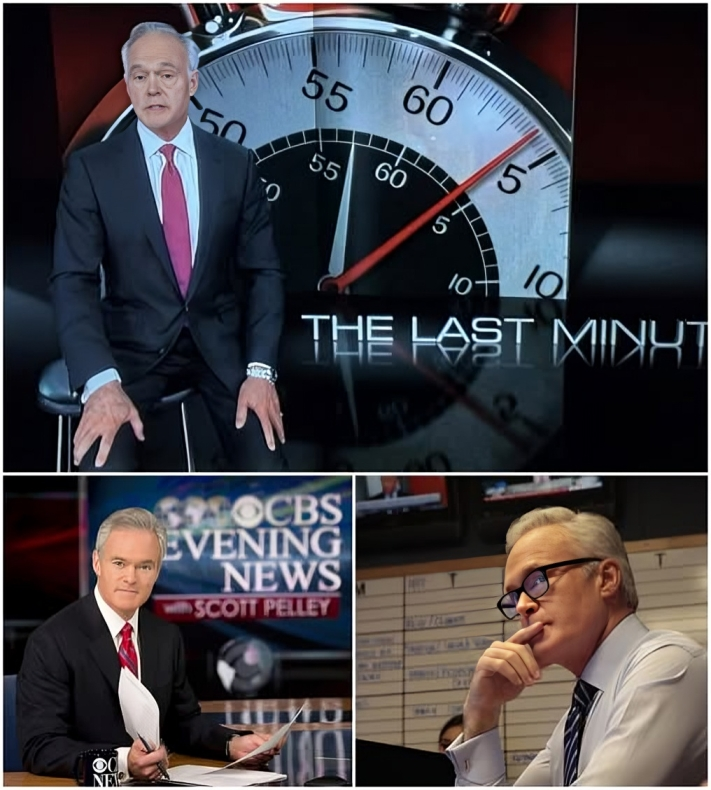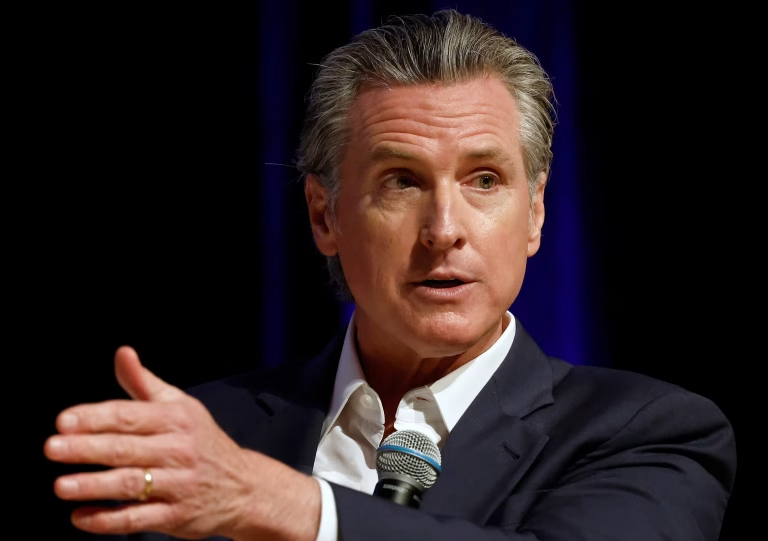In the rapidly changing landscape of modern media, few events underscore the ongoing tension between corporate oversight and journalistic integrity as clearly as Scott Pelley’s departure from CBS. Pelley, a veteran correspondent for 60 Minutes and former anchor of the CBS Evening News, has long been recognized as a journalist of unwavering principle, committed to truth and objectivity. His recent public statements about internal struggles at CBS shed light on the pressures traditional media organizations face as they balance profit motives with the ideals of independent reporting.
Pelley’s departure has been closely linked to the resignation of Bill Owens, a longtime executive producer at 60 Minutes, who stepped down citing growing corporate interference in the program’s editorial decisions. In the “Last Minute” segment of 60 Minutes, Pelley acknowledged Owens’ concerns, stating that while none of their stories were outright blocked, Owens felt he had “lost the independence that honest journalism requires.” This rare on-air acknowledgment highlights the challenges faced by journalists operating under increasing corporate scrutiny, and it has prompted broader conversations about the state of broadcast journalism today.
Bill Owens’ Resignation and Its Implications
Bill Owens’ resignation marked a significant moment in the history of 60 Minutes, a program celebrated for its investigative reporting and commitment to factual storytelling. Owens, who had been instrumental in shaping the program’s editorial direction for decades, made clear in his departure that Paramount Global’s oversight was compromising his ability to make independent editorial decisions. According to his public statement, the corporate pressures placed upon the newsroom made it increasingly difficult to maintain the standards of rigorous, unbiased reporting that 60 Minutes had long embodied.
Owens’ decision to step down was not simply a personal career move; it reflected a deeper tension within the network, one that Pelley himself later acknowledged. By publicly supporting Owens’ stance, Pelley signaled that concerns about corporate influence were not isolated incidents but indicative of a systemic issue within CBS News. His remarks underscored the notion that the very values on which CBS built its reputation—editorial independence, integrity, and journalistic courage—were under threat.
Pelley’s On-Air Rebuke
Scott Pelley’s decision to address the situation publicly was unusual in the often-cautious world of broadcast journalism. While many journalists hesitate to criticize their own employers due to potential repercussions, Pelley’s candor highlighted the gravity of the issue. His comments were measured, respectful, and yet pointed: he recognized the challenges Owens faced, emphasized the importance of editorial freedom, and indirectly drew attention to the ways in which corporate oversight could threaten the credibility of the newsroom.
By framing Owens’ departure as a cautionary tale, Pelley brought national attention to the delicate balance between business interests and editorial independence. In a media environment increasingly driven by ratings, advertising revenue, and shareholder expectations, such concerns are far from trivial. Pelley’s remarks reflect a broader anxiety among veteran journalists about the pressures that commercialization and conglomerate ownership exert on editorial decision-making.
The Broader Context of Corporate Influence
CBS is not alone in grappling with these issues. Across the United States and globally, media organizations face mounting pressure to balance journalistic ideals with financial imperatives. Large corporate conglomerates, which own multiple news outlets and entertainment properties, often prioritize profit over editorial quality. This can manifest in subtle ways: stories are reshaped to appeal to larger audiences, investigative projects are delayed or canceled due to cost concerns, and newsroom morale suffers under pressure to meet corporate expectations.
The case of CBS illustrates the wider struggle in the media industry. Networks must navigate the tension between maintaining their reputation for credible journalism and satisfying corporate stakeholders. While Pelley and Owens have drawn attention to this issue, similar challenges exist at countless other outlets, where journalists grapple with the difficult choice between maintaining professional integrity and aligning with business priorities.
Impact on CBS News
Pelley’s departure, coupled with Owens’ resignation, could signal a turning point for CBS News. The network has historically been celebrated for its investigative reporting, high journalistic standards, and commitment to the truth. However, internal reports and public statements suggest that maintaining these values has become increasingly challenging under current corporate oversight. Public trust in mainstream media has been declining, and situations like this only exacerbate perceptions that commercial interests may compromise news integrity.
For CBS, the immediate challenge is twofold: to reassure its journalists that their independence will be protected and to restore confidence among viewers that the network remains a credible source of information. Failure to address these internal concerns risks eroding the public’s trust further, at a time when misinformation and media skepticism are already widespread.
The Role of Veteran Journalists
Veteran journalists like Scott Pelley play a crucial role in maintaining standards within the newsroom. Their experience, credibility, and commitment to professional ethics serve as a bulwark against the pressures of corporate influence. By publicly voicing concerns about the challenges at CBS, Pelley not only defends the principles of journalism but also sets a precedent for other journalists to prioritize integrity over convenience or career expediency.
Pelley’s legacy is intertwined with that of CBS itself. From his tenure as anchor of the CBS Evening News to his acclaimed reporting on 60 Minutes, he has consistently demonstrated a commitment to accuracy, fairness, and thorough investigation. His departure represents not merely the loss of a familiar and respected journalist but also a critical voice advocating for editorial independence in a complex, profit-driven media environment.
Implications for Journalism as a Whole
The issues highlighted by Pelley and Owens extend beyond CBS. They reflect broader challenges faced by news organizations in the 21st century: declining public trust, the rise of digital media, and the increasing influence of corporate ownership. As audiences shift toward online platforms, streaming services, and social media, traditional networks must adapt quickly to survive. However, the drive to innovate and monetize content can conflict with the ethical imperatives of journalism, including accuracy, impartiality, and editorial freedom.
Pelley’s actions remind the media industry of the importance of preserving editorial independence. His public acknowledgment of internal pressures serves as a wake-up call for news organizations to prioritize journalistic integrity even amidst economic and technological challenges. Without such vigilance, the risk is that commercial considerations will dominate, potentially eroding the very foundation of trusted news reporting.
A Call to Action
The departure of Scott Pelley underscores the urgent need for media organizations to reaffirm their commitment to independent journalism. Networks like CBS must confront the realities of corporate influence and create systems that allow journalists to work without fear of interference or censorship. This may involve structural reforms, stronger protections for editorial decision-making, and fostering a culture that values ethics as much as profitability.
Audiences also play a role in this equation. By supporting news organizations that demonstrate a commitment to integrity, viewers can encourage a media landscape that prioritizes truth over profit. Public engagement, critical consumption of news, and support for investigative journalism are essential for sustaining a healthy information ecosystem.
Conclusion
Scott Pelley’s departure from CBS is more than a career milestone; it is a statement about the values that define journalism in the modern era. By highlighting internal pressures, endorsing the concerns of colleagues like Bill Owens, and advocating for editorial independence, Pelley has reinforced the principle that credible journalism cannot thrive under undue corporate influence. His departure is both a warning and a challenge: for news organizations, it is a reminder that the integrity of reporting must never be compromised, and for audiences, it is an opportunity to recognize and support the ongoing fight for truthful, independent journalism.
As CBS navigates this pivotal moment, the choices it makes will have far-reaching consequences—not just for its own credibility, but for the broader media industry. The lessons from Pelley’s departure resonate across newsrooms worldwide: integrity, editorial freedom, and commitment to truth are non-negotiable values that must guide the work of journalists in every context. In a media landscape increasingly defined by corporate priorities and digital disruption, Scott Pelley’s stand is a reminder of the enduring importance of principled journalism.

Emily Johnson is a critically acclaimed essayist and novelist known for her thought-provoking works centered on feminism, women’s rights, and modern relationships. Born and raised in Portland, Oregon, Emily grew up with a deep love of books, often spending her afternoons at her local library. She went on to study literature and gender studies at UCLA, where she became deeply involved in activism and began publishing essays in campus journals. Her debut essay collection, Voices Unbound, struck a chord with readers nationwide for its fearless exploration of gender dynamics, identity, and the challenges faced by women in contemporary society. Emily later transitioned into fiction, writing novels that balance compelling storytelling with social commentary. Her protagonists are often strong, multidimensional women navigating love, ambition, and the struggles of everyday life, making her a favorite among readers who crave authentic, relatable narratives. Critics praise her ability to merge personal intimacy with universal themes. Off the page, Emily is an advocate for women in publishing, leading workshops that encourage young female writers to embrace their voices. She lives in Seattle with her partner and two rescue cats, where she continues to write, teach, and inspire a new generation of storytellers.









